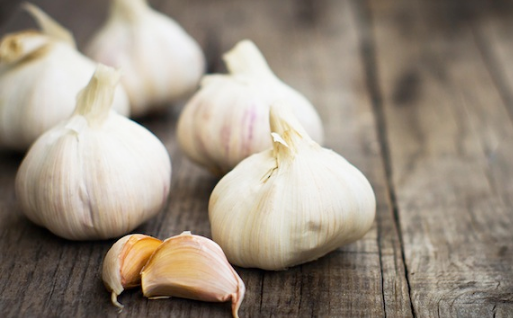Using complementary therapies while undergoing treatment for breast cancer could stop drugs from working, interfere with chemotherapy, hormone therapy and delay wound healing, a leading surgeon has warned.
Maria Cardoso, a breast surgeon at the Champalimaud Cancer Centre and teacher at the Nova Medical School in Lisbon, Portugal, spoke on Thursday at the Advanced Breast Cancer Fifth International Consensus Conference (ABC5) in Lisbon.
She said that there’s a long list of herbal products and creams that patients often try, but many of them could delay wound healing and interfere with systemic anti-cancer treatments such as hormone therapy or chemotherapy.
According to her, doctors often had no idea their patients were using such remedies.
The surgeon also said that many complementary compounds or natural remedies (mentioned below) exist whose therapeutic efficacy against cancer is still largely being questioned.
Some of the natural remedies that can impact clotting include:
- Green chiretta
- Feverfew
- Garlic
- Ginger
- Ginkgo
- Ginseng
- Hawthorn
- Horse chestnut
- Turmeric
She said patients, whose cancer have spread to the skin, should ensure that their doctors are aware before trying out complementary therapies to avoid delaying healing or interfering with the efficacy of ongoing systemic treatments.
“It’s very important that patients always check with their doctors first before trying complementary treatments for cancer that has spread to the skin. Many patients do not check and do not tell their doctors that they are using complementary therapies,” she said.
“There are many of these therapies, especially herbal products and topical creams, that can have a negative impact on cancer treatment. Many compounds are complex and some ingredients can delay healing and interfere with the efficacy of ongoing systemic treatments.
“Laboratory studies have shown that certain products can reduce the blood clotting process required for a wound to heal. If a patient has a bleeding wound, these compounds can have a strong, adverse impact on scarring and how well wound dressings work.”
Although she agreed that efforts aimed at alleviating the psychological distress caused by the disease can have a positive impact on patients’ quality of life, Cardoso warned that herbal substances complementary to ongoing treatment could do more harm.
“Although doctors’ primary concern is to understand the biology, extent and history of the disease in their patients, the curse of the visible and disfiguring lesions, the pain, the smell and all the psychologic impact on the patients and their loved ones must not be underestimated,” she added.
“It’s not surprising that patients and their carers search for complementary or alternative treatments that might make a difference. But they could end up doing more harm than good. The highest goal in medicine is important to remember—do no harm.”
Cancer Research UK also claims that complementary therapies may prevent generic treatments working as well as they should.
On its website, it expresses “concern” that taking antioxidants, including vitamins A, C and E, could actually protect cancer cells from being damaged by chemotherapy or radiotherapy.
Copyright 2025 TheCable. All rights reserved. This material, and other digital content on this website, may not be reproduced, published, broadcast, rewritten or redistributed in whole or in part without prior express written permission from TheCable.
Follow us on twitter @Thecablestyle

